Planet Ocean
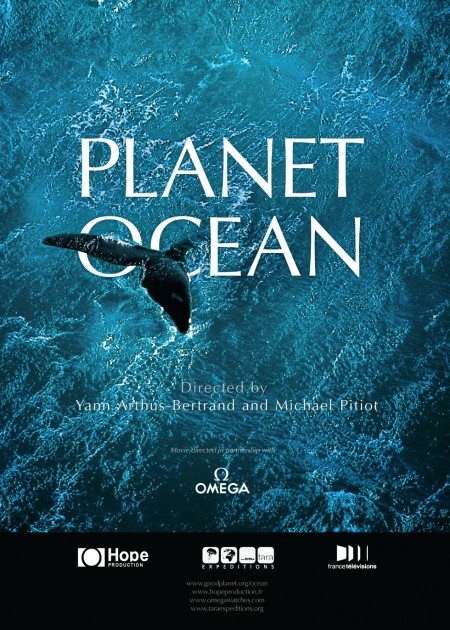
Yann Arthus-Bertrand and Michael Pitiot’s documentary Planet Ocean is at times breathtaking purely for its cinematography. We are treated to stunning aerial shots of ocean scenes from all over the world, from the ice caps of the North Pole, to shantytowns on the coast of Lagos, to the seaweed farms of South East Asia.
The pair take us deep under the ocean as well, where we encounter fish of incredibly vivid colours and the beautiful shapes of the coral they inhabit. We are introduced to micro algae that seem to dance slowly around each other and – we are told – produce half of the air we breathe.
But this film is far more than just a chance to gaze at the ocean and all the natural and manmade wonders that it produces. Arthus-Bertrand and Pitiot have made Planet Ocean to help us understand the importance of the earth’s oceans – how we use them to sustain our modern capitalist habits, and also how essential their preservation is in tackling the duel threats of world food shortage and global warming.
We are informed that three billion humans out of the seven billion on earth depend directly on marine resources for their food, and that for one billion, fish is their only source of animal protein. But Arthus-Bertrand and Pitiot go on to explain that the way we are fishing now – with deep sea trawlers – is profoundly wasteful, decimating this essential resource. Unsurprisingly we learn that multinational corporations are the source of this immoral practice: 90 million tons of fish are caught globally each year, and only one percent of these by fishing boats.
Whether discussing pollution, human damage to the ocean bed or the obliteration and waste of the ocean’s resources, the film is not short of figures to startle and shock. At times the pictures are equally depressing: at one point we are left to contemplate for what seems like minutes the skeletal remains of a seaside bird whose ribcage is full of plastic waste we’ve allowed to wash up on its feeding ground.
Moving from enchanting to harrowing very quickly, the film is informative and its message is clear. However, not enough room is given to possible solutions, and when some are given – displayed on the screen in words right at the end – it feels a little too much like an afterthought.
Aydan Savaşkan
Planet Ocean is released on 22nd April 2013.
Watch the trailer for Planet Ocean here:


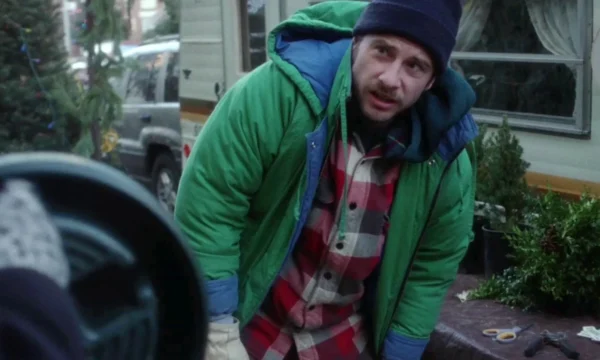

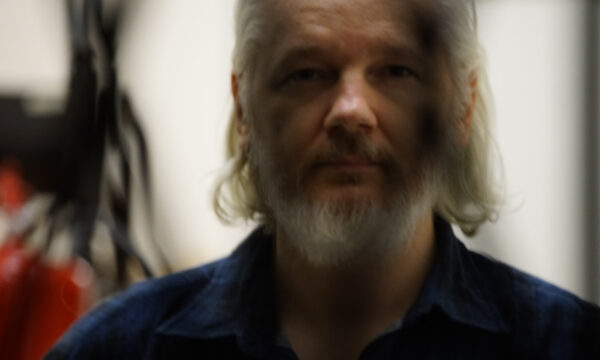


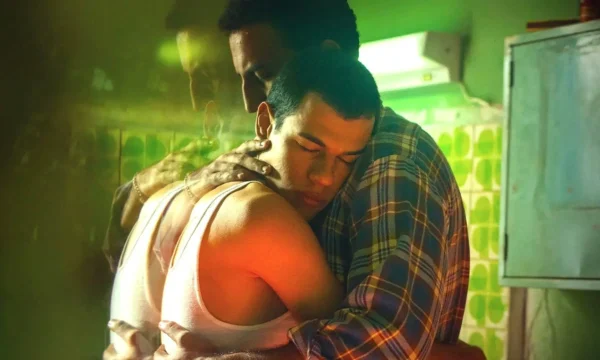













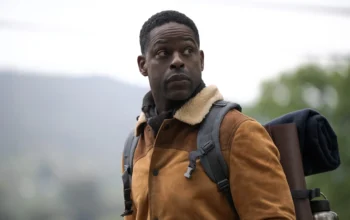

Facebook
Twitter
Instagram
YouTube
RSS